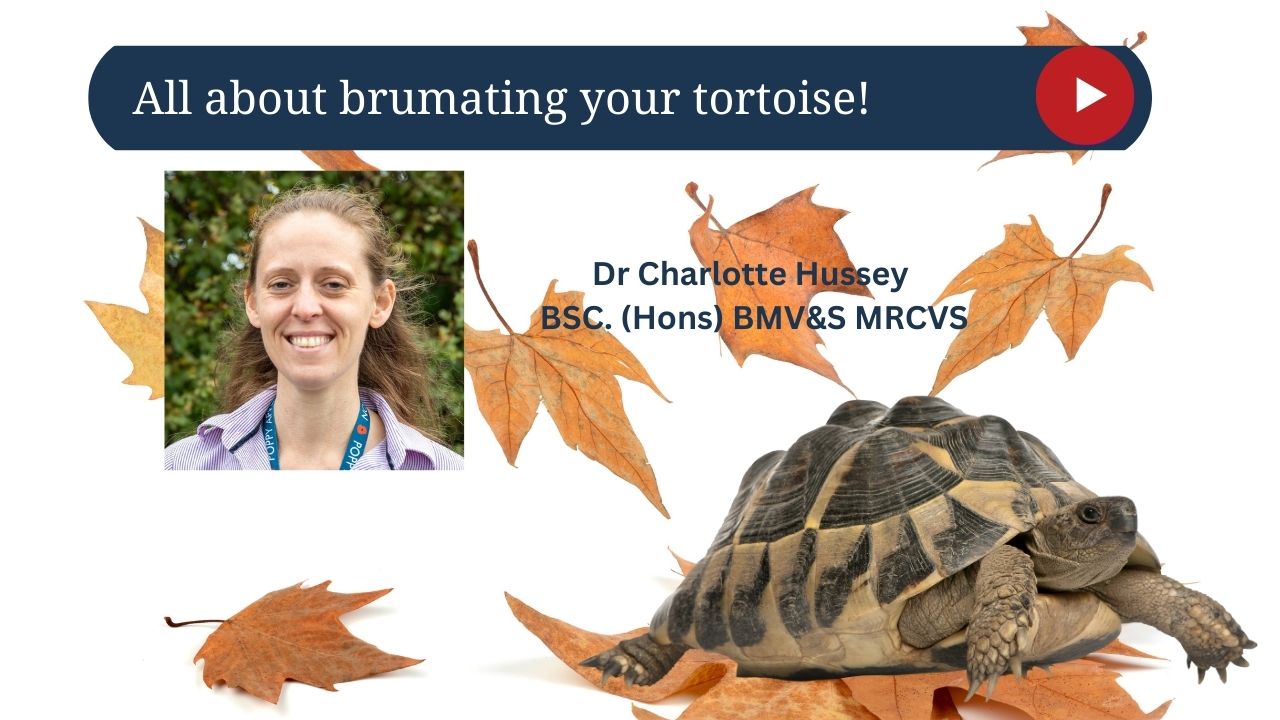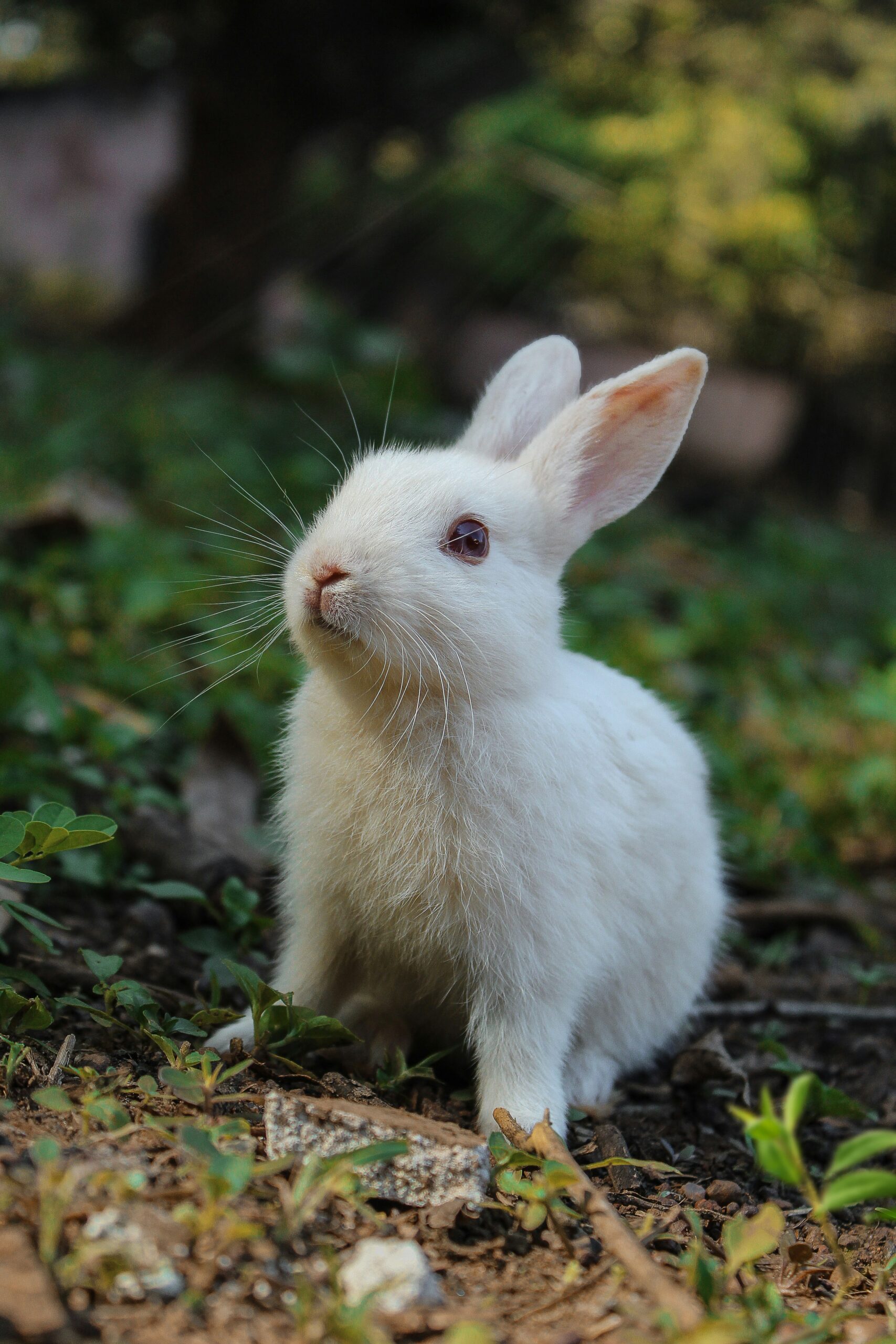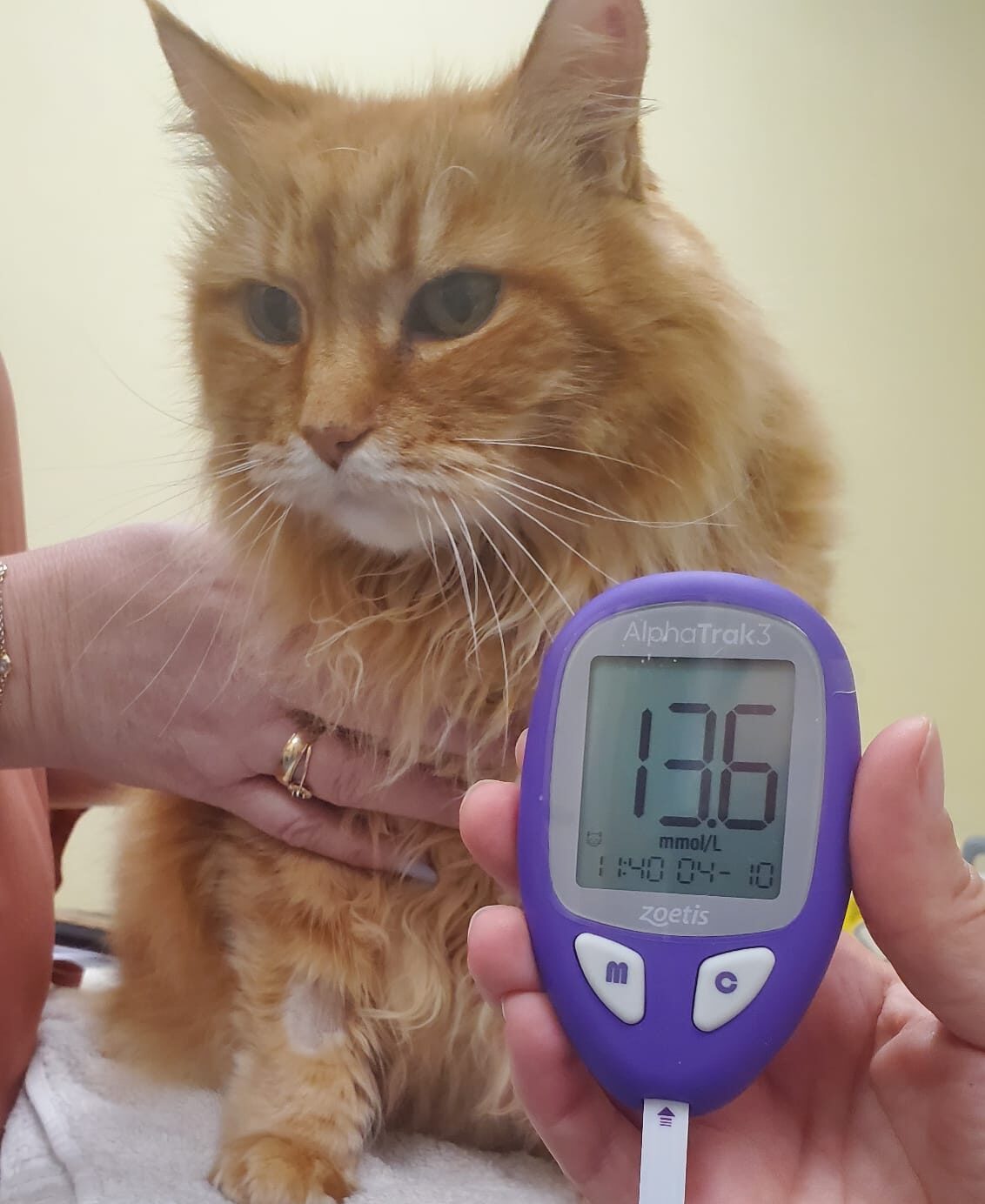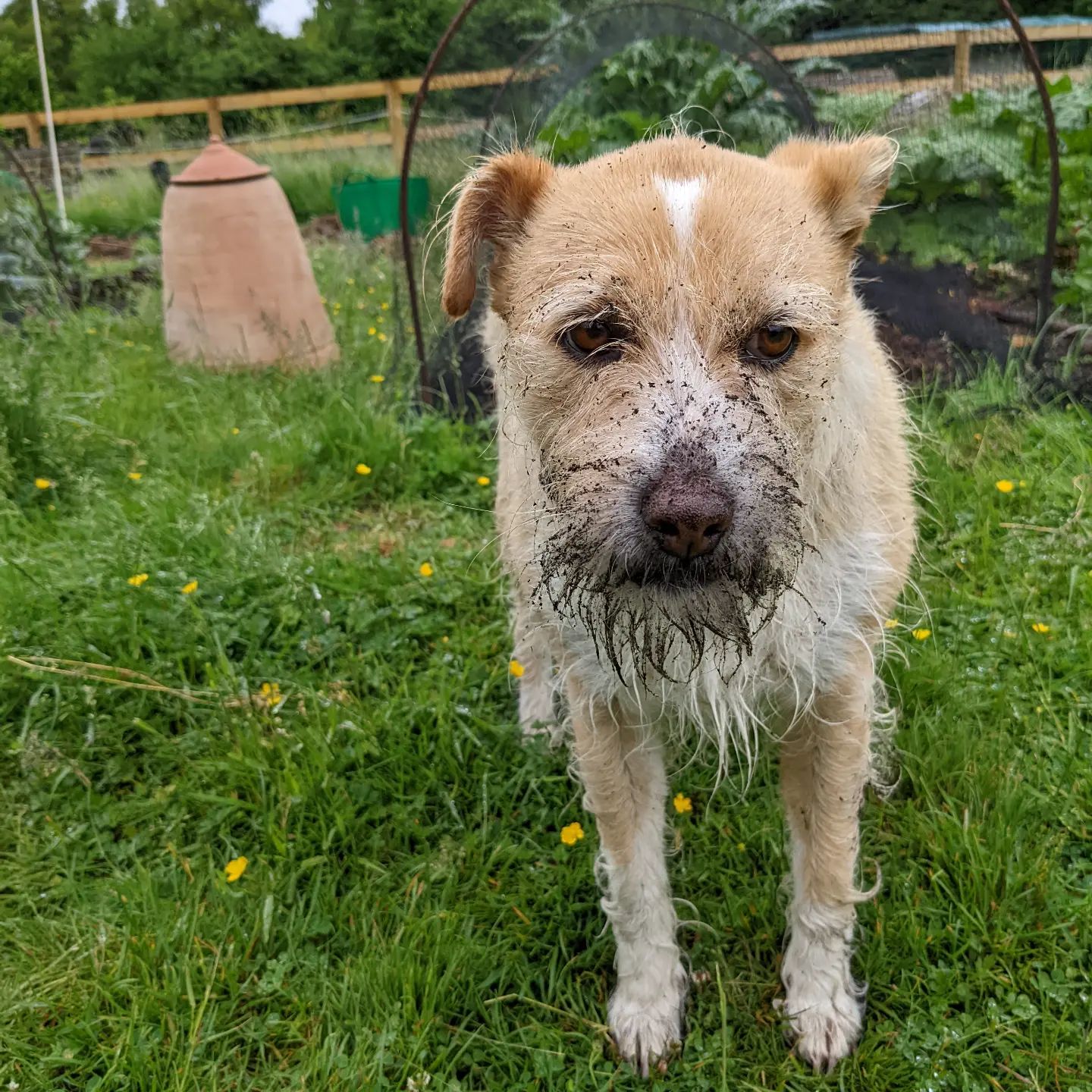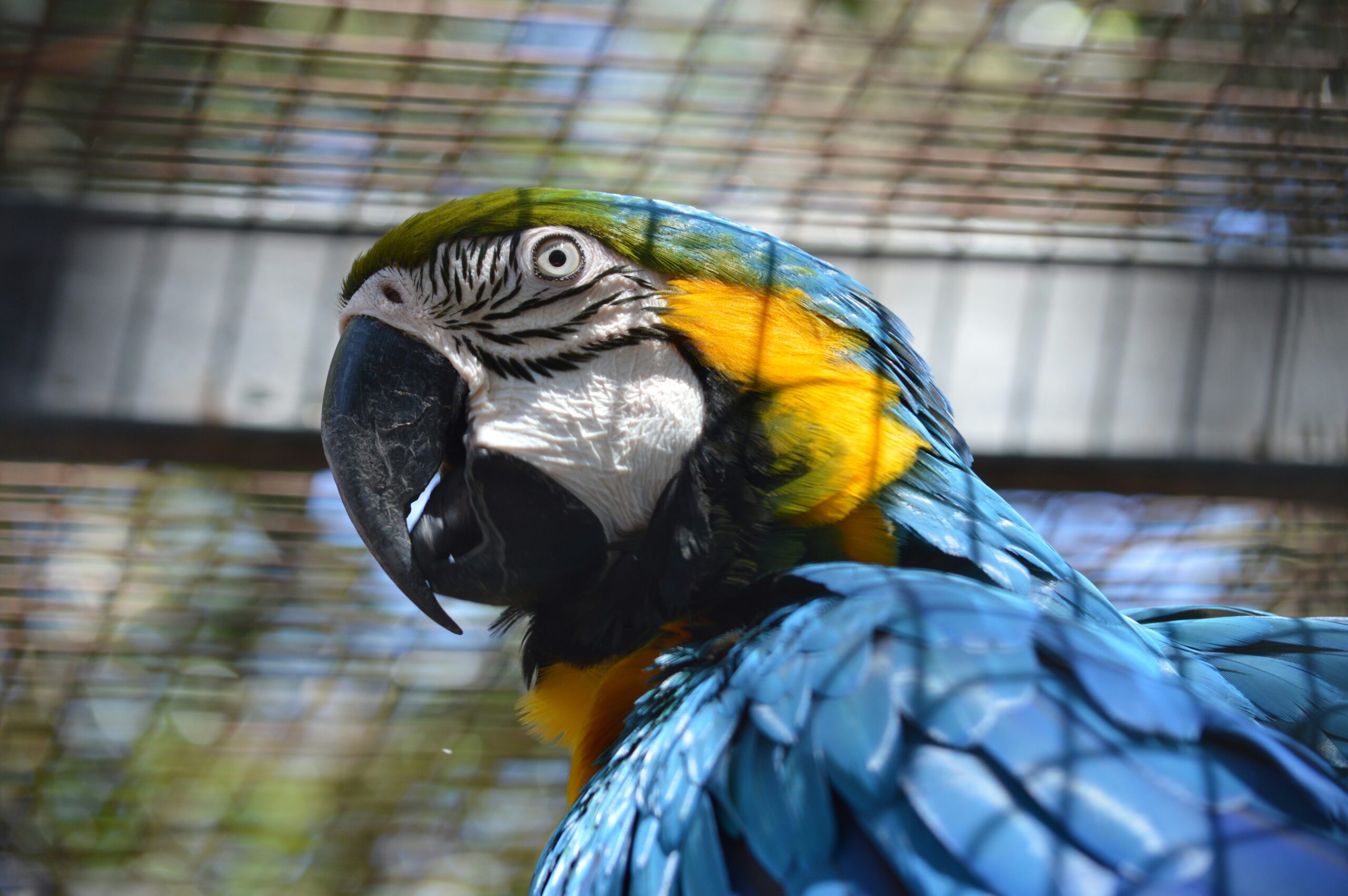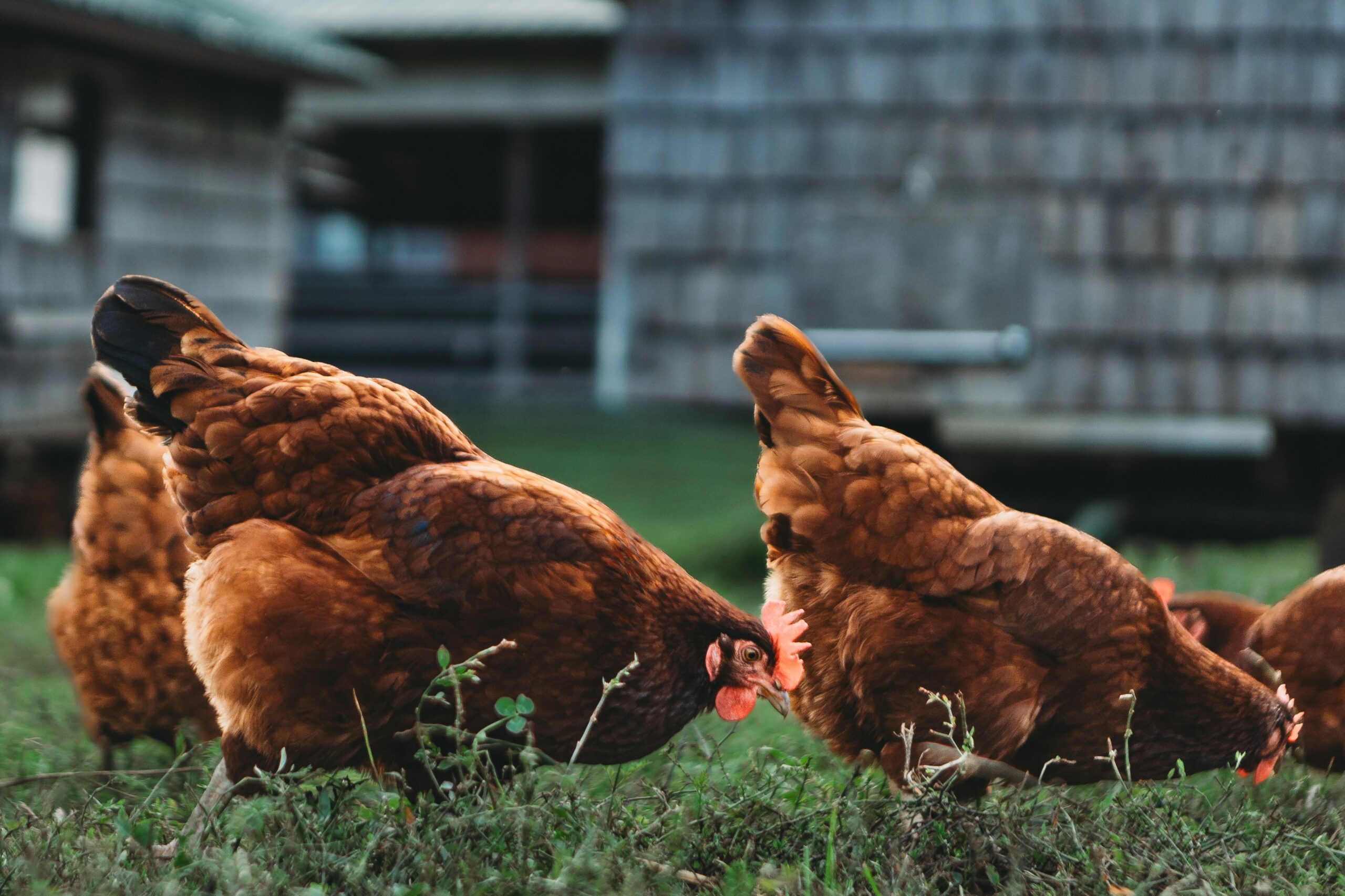Choose a topic or
Search the library
For most eye injuries, it is recommended that you seek veterinary care as even minor injuries can lead to loss of vision. However, there are steps you can carry out at home to provide first aid or treat simple problems (such as dirt in the eyes).
Advice for dealing with bleeding blood feathers, which also applies to bleeding nails
Applying a poultice can be a useful way of removing small foreign bodies from paws – for example grass seeds, thorns and splinters.
In hypselodont species, such as rabbits, teeth grow continuously throughout the life of the animal so they need to be managed carefully.
Hypothyroidism is the most common endocrine (hormone related) condition in dogs, and is known as the ‘great pretender’ because is can present as almost anything!
Any bird may be affected by Aspergillus species, but it is most commonly associated with birds of prey and with parrot species that are taking a seed-based diet.
C. albicans can be a primary gastrointestinal pathogen, especially in finches, but it is more frequently secondary to another problem.




